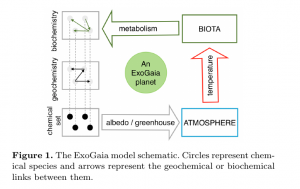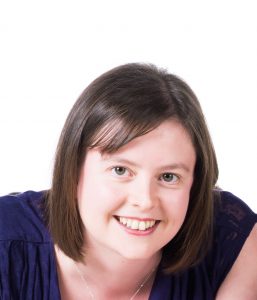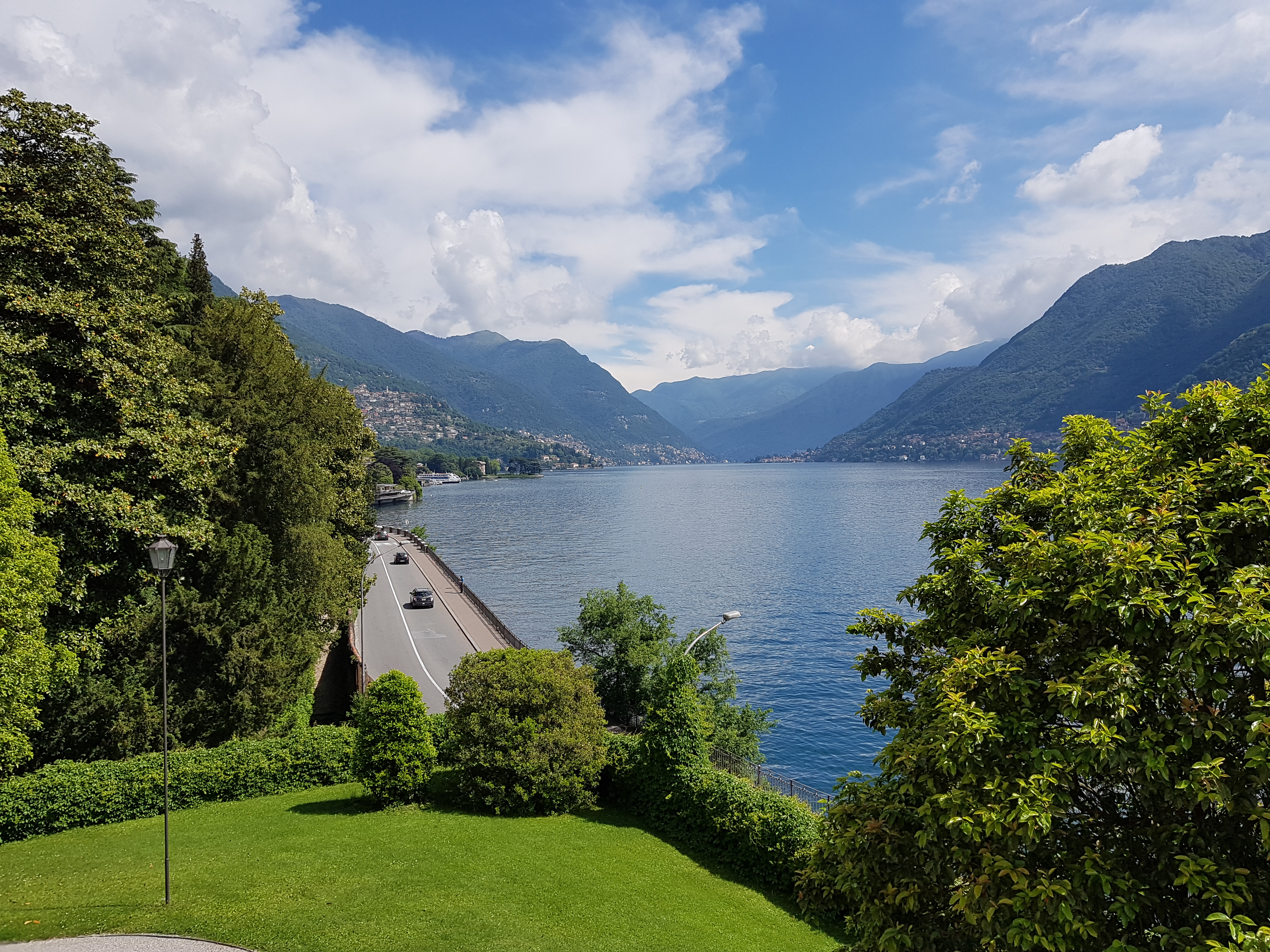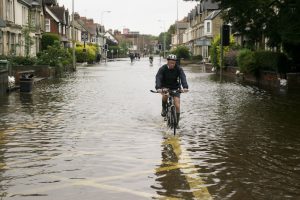New paper out – well done Arwen!
Arwen E Nicholson, David M Wilkinson, Hywel T P Williams, Timothy M Lenton; Gaian bottlenecks and planetary habitability maintained by evolving model biospheres: The ExoGaia model, Monthly Notices of the Royal Astronomical Society, , sty658, https://doi.org/10.1093/mnras/sty658

The search for habitable exoplanets inspires the question – how do habitable planets form? Planet habitability models traditionally focus on abiotic processes and neglect a biotic response to changing conditions on an inhabited planet. The Gaia hypothesis postulates that life influences the Earth’s feedback mechanisms to form a self-regulating system, and hence that life can maintain habitable conditions on its host planet. If life has a strong influence, it will have a role in determining a planet’s habitability over time. We present the ExoGaia model – a model of simple ‘planets’ host to evolving microbial biospheres. Microbes interact with their host planet via consumption and excretion of atmospheric chemicals. Model planets orbit a ‘star’ which provides incoming radiation, and atmospheric chemicals have either an albedo, or a heat-trapping property. Planetary temperatures can therefore be altered by microbes via their metabolisms. We seed multiple model planets with life while their atmospheres are still forming and find that the microbial biospheres are, under suitable conditions, generally able to prevent the host planets from reaching inhospitable temperatures, as would happen on a lifeless planet. We find that the underlying geochemistry plays a strong role in determining long-term habitability prospects of a planet. We find five distinct classes of model planets, including clear examples of ‘Gaian bottlenecks’ – a phenomenon whereby life either rapidly goes extinct leaving an inhospitable planet, or survives indefinitely maintaining planetary habitability. These results suggest that life might play a crucial role in determining the long-term habitability of planets.






